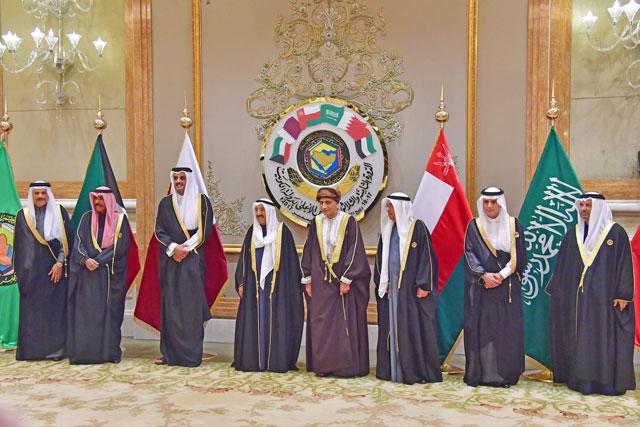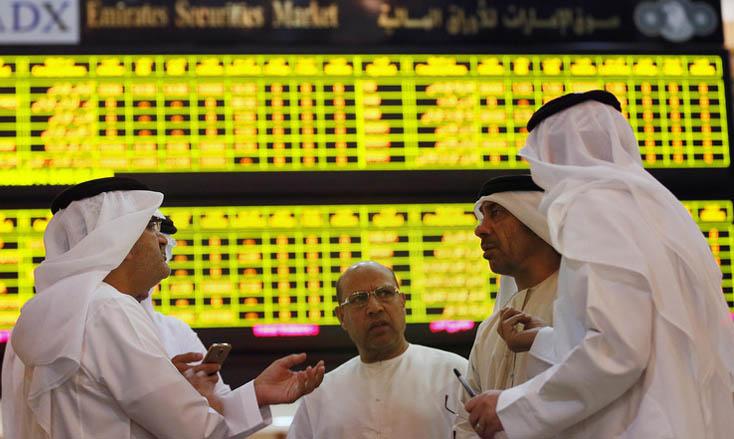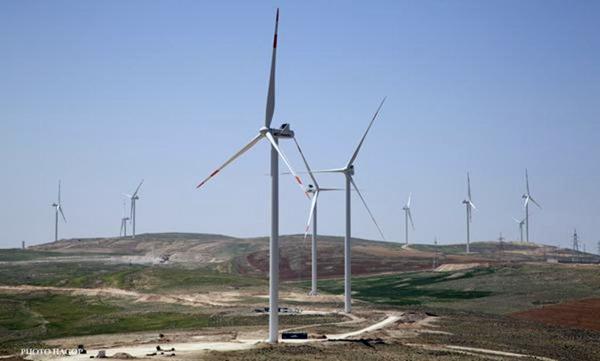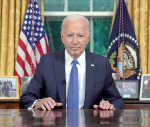You are here
Gulf states want clearer mechanisms for distributing customs revenues
By AFP - May 08,2014 - Last updated at May 08,2014
KUWAIT CITY — The energy-rich Gulf states agreed Wednesday to resolve hurdles obstructing implementation of a long-delayed customs union, particularly revenue sharing, Kuwait’s finance minister said.
Leaders of the six-nation Gulf Cooperation Council (GCC) have set January 1 to implement the customs union, first launched in 2003 and delayed on several occasions to resolve hurdles.
Anas Al Saleh said after a day-long meeting of finance ministers that there had been agreements on all points of the agenda, including on the mechanism for distributing customs revenues, which has been the biggest hurdle.
He told reporters the GCC secretariat has been asked to “conduct studies to make the mechanism clearer”.
Those studies and related issues will be reviewed by the ministers at a meeting in Kuwait City in September, added Saleh, whose country currently holds the GCC’s rotating presidency.
The Gulf states unified their customs tariff at 5.0 per cent over a decade ago, but their steps toward union have been very slow.
Ministers also discussed completing requirements for their common market and monetary union, both of which have been rescheduled a number of times.
At the meeting’s opening, Saleh called on members to make concessions “in order to reach an agreed formula that guarantees the rights of all [Gulf] states”.
He urged the completion of requirements for the customs union, “particularly... distribution of customs revenues, protection of local agents and protectionism for some goods”.
For his part, GCC Secretary General Abdullatif Al Zayani urged members to facilitate free movement of national and foreign goods to allow the January deadline to be met.
The calls come at a time when GCC states are locked in a political dispute that could hurt economic integration projects.
But Saleh insisted that these disputes did not affect the meeting.
When the customs union was launched at the start of 2003, full implementation was envisaged within three years. But questions over revenues, dumping and protectionism have caused repeated delays.
A 2010 deadline came and went when the energy-rich bloc failed to agree on the sharing of tariff revenues and experienced difficulties in meeting World Trade Organisation rules.
The GCC groups Bahrain, Kuwait, Oman, Qatar, Saudi Arabia and the United Arab Emirates.
Related Articles
KUWAIT CITY — Regional powerhouse Saudi Arabia snubbed its former ally Qatar at the annual summit Tuesday of Gulf monarchies as King Salman
DUBAI — Oil-rich Gulf countries, which for decades have attracted millions of foreign workers, thanks to their reputation as tax-free havens
DUBAI –– Middle Eastern and North African (MENA) states will need to invest $334 billion over five years to meet rising power demand in the



















